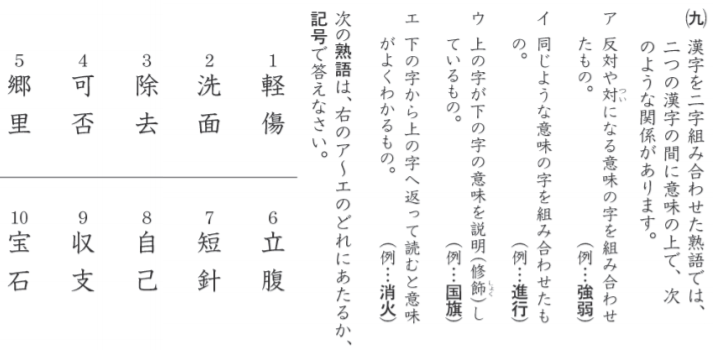That's really interesting, thanks! I just read that chapter in the first book, it's precisely what I was interested in. And it largely confirms what I thought, that either Chinese writing (or anything that's not strictly phonetic-based, but Egyptian and Mayan glyphs have lost popularity recently, so I'll just say Chinese writing) OR agglutination can create this phenomenon: Mordvin, Georgian, Uzbek and other languages quoted repeatedly are agglutinative. I didn't read the whole book, but I noticed a sentence saying that there may be something that prevents this phenomenon in European languages (how about alphabetical writing and the absence of agglutination?... What about Hungarian?)
I also noticed that the author barely touched Japanese, with an example p 19 pointing to the fact he probably didn't have enough information and therefore couldn't correctly assess this phenomenon in the Japanese language.
I also noticed that the author quotes a 1982 Soviet article, in which the author, who was writing in Russian, used a concept excessively common (to my taste) in Russian to describe a completely different phenomenon. In Russian you don't eat strawberries, you eat strawberry, which is a collective noun. And there are way too many of these words (speaking as a user). So when the Soviet linguist discussed Uzbek or Mordvin words like mountainhill, honourhonour etc, he mentioned that as a case of collective nouns, which seems (after this first read) like he completely missed the point. Couldn't make a new word to describe something new? Too old to adopt new concept? Or, unfortunately, it's possible it was dictated by political considerations: in some cases Soviet linguists had to stretch what they knew to fit into the ideology that Soviet peoples are brothers (and therefore they had to show imaginary similarities). The Balto Slavic language group is a bit of a stretch, for example, and Baltic schoolchildren were taught about some insignificant similarities as a proof of a the languages being very close.
Don't laugh too hard at the USSR, though, the EU does pretty much the same, in a more subtle way
Anyway, thanks again for those references. The first pretty much confirms, at least, that this phenomenon in the Japanese language hadn't received enough attention, as it's quite an interesting phenomenon.
